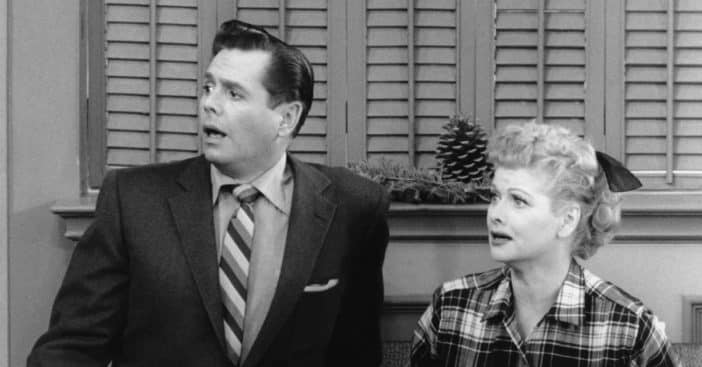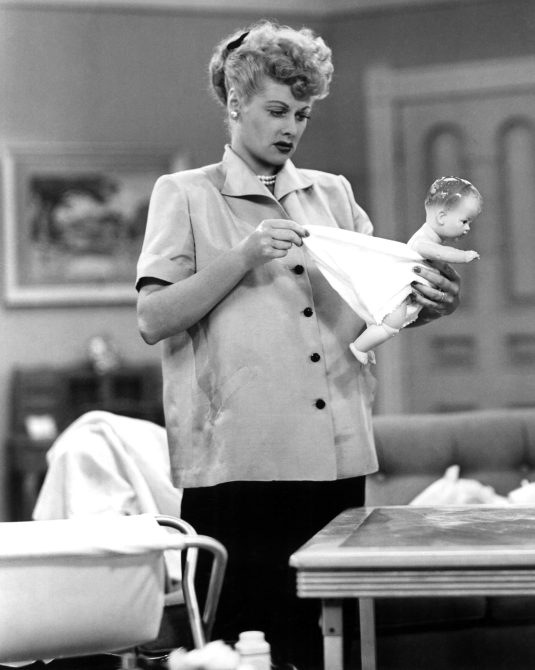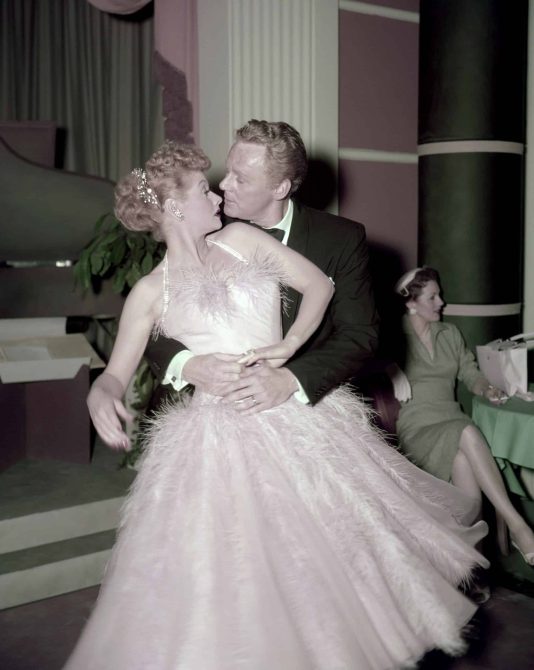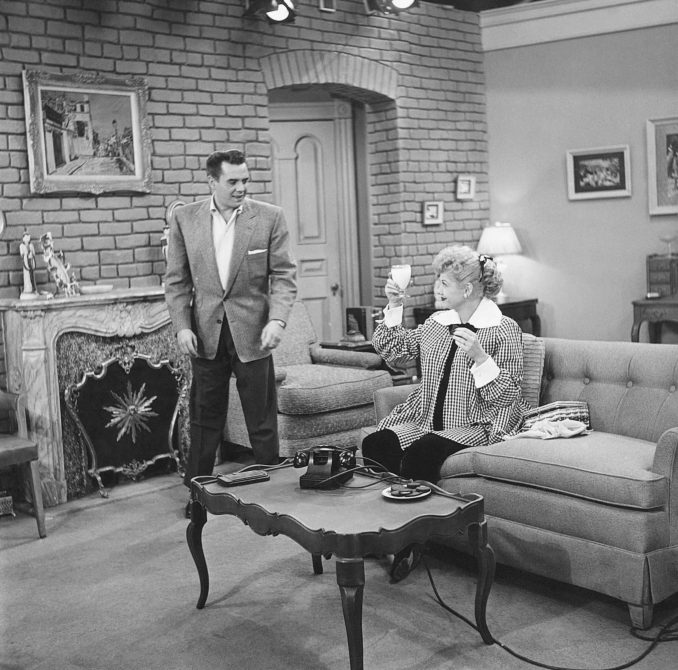
American television sitcom I Love Lucy, which aired from 1951 to 1957, was created by Lucille Ball and Desi Arnaz. Widely regarded as one of the greatest TV shows of all time, I Love Lucy was a massive success and achieved high ratings, as it consistently ranked as one of the top-rated shows in the United States during its six-year run.
Despite the popularity of the show, it also had its fair share of challenges, one of which was the pregnancy of its star, Lucille Ball, a circumstance that was forbidden on air in the early ’50s entertainment world, and it almost led to the premature end of the TV show by CBS and the sponsor.
Jess Oppenheimer says Desi Arnaz pressured Philip Morris to let them run the show their way

During the production of I Love Lucy’s second season, Ball’s pregnancy became an issue as she and Desi Arnaz wanted to integrate it into the show. The sponsor, Philip Morris, a tobacco company, opposed this, but allowed brief pregnancy acknowledgments in some episodes.
RELATED: The Tragedies Desi Arnaz Faced Before Lucille Ball And ‘I Love Lucy’
However, Desi found the sponsors’ decision unsatisfactory, and show producer Jess Oppenheimer wrote in his memoir, Laugh, Luck … and Lucy: How I Came to Create the Most Popular Sitcom of All Time, that Desi applied pressure on the company to comply with his demands.
“Desi sat down and fired off a letter to Alfred E. Lyons, chairman of the board of the Philip Morris Company. In it he pointed out that until then, with the creative decisions in our hands, we had managed to give Philip Morris the number one show in the country,” the memoir reads. “If Lyons agreed with the people at Philip Morris who were telling us what not to do, Desi told him, then Philip Morris must also take responsibility from then on for telling us what to do — and for whatever consequences that might have on our ratings.”

Jess Oppenheimer says Lucille Ball’s pregnancy led to a series of changes during the production
Also, CBS, the network that broadcast the show, chose to align with prevailing moral values and not directly mention Lucille Ball’s pregnancy. Instead, they insisted on substituting terms like “expecting” or “with child.”
Ball’s pregnancy raised another concern when her due date coincided with the filming of the second season of the sitcom. However, Jess stepped in to mitigate the impending blowback by expediting the production and restructuring the shooting schedule.

“The only way to get it done was to call everyone back from summer hiatus in July, six weeks early,” Jess detailed in his book. “I figured that we could get five or six of the ‘post-delivery’ shows done before Lucy was showing too much, and then we could switch to the seven “pregnancy” shows and do them until Lucy had to stop working.”
